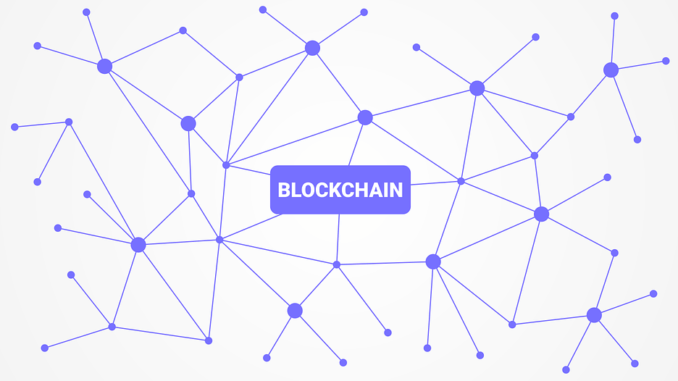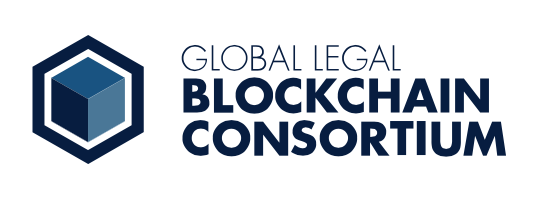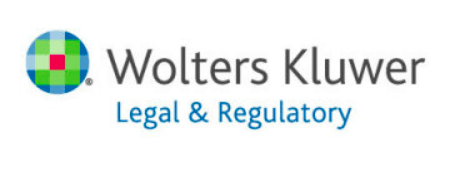
Global legal information and software group Wolters Kluwer Legal & Regulatory is to join the Global Legal Blockchain Consortium (GLBC), of which Integra Ledger is a founding member.
The GLBC is a global network of key stakeholders in the legal industry, working toward rules for the standardisation, governance, and application of blockchain and related technologies in the global legal system. Its mission is ‘enhance the security, privacy, productivity, and interoperability of the legal technology ecosystem’.
Other members among its 40-strong group include: leading Canadian law firm Fasken, US law firm BakerHostetler, and IBM.

The move comes at an interesting time for blockchain tech in the legal world, with two contrary forces at play, with on one hand a growing level of scepticism over the idea that distributed ledgers are ‘the answer to all problems’, but equally on the other hand the realisation that the tech, especially when combined with smart contracts, can in specific situations be tremendously useful. The challenge the legal world faces now is sifting the un-needed use cases from the real use cases – and this is not an easy task.
Moreover, as with many other areas of this new wave of tech there is very little if any regulatory framework or standards, let alone global standards. All the more reason for consortia such as the GLBC and smart contract groups like the Accord Project.
One recent example of a blockchain + smart contract solution that does seem very worthwhile is the one by EY and Microsoft, (see story here), in relation to IP and royalty payments for media content.

Stacey Caywood, CEO, Wolters Kluwer Legal & Regulatory, said: ‘Wolters Kluwer has long been known for deep domain expertise and our commitment to investment in technology innovation in legal markets worldwide. Collaborating with legal practitioners, educators and other technology leaders further extends the value we will deliver to our customers.’
While Nita Sanger, head of Innovation for Wolters Kluwer Legal & Regulatory, commented: ‘Blockchain has the potential to become an important platform for digital transformation for the legal profession, as it enables the removal of human error and potential fraud in maintaining, updating, reviewing and verifying legal documents and agreements.’
David Fisher, a Director and Founder of the GLBC and also of Integra Ledger, concluded: ‘The technology, expertise, and insights Wolters Kluwer has in delivering solutions to legal customers operating in dozens of countries … across the globe will be a significant asset as we undertake the consortium’s formative activities.’
Also, out of interest, although readers may tend to think of the big legal information players as Thomson Reuters and Lexis Nexis, Wolters Kluwer, which is headquartered in Alphen aan den Rijn, the Netherlands, is no minnow. In 2017 it reported annual revenues of €4.4 billion, it serves customers in over 180 countries, maintains operations in over 40 countries, and employs 19,000 people worldwide. Hence, it getting involved in any particular legal tech standards and adoption group, blockchain or otherwise, is a significant move.